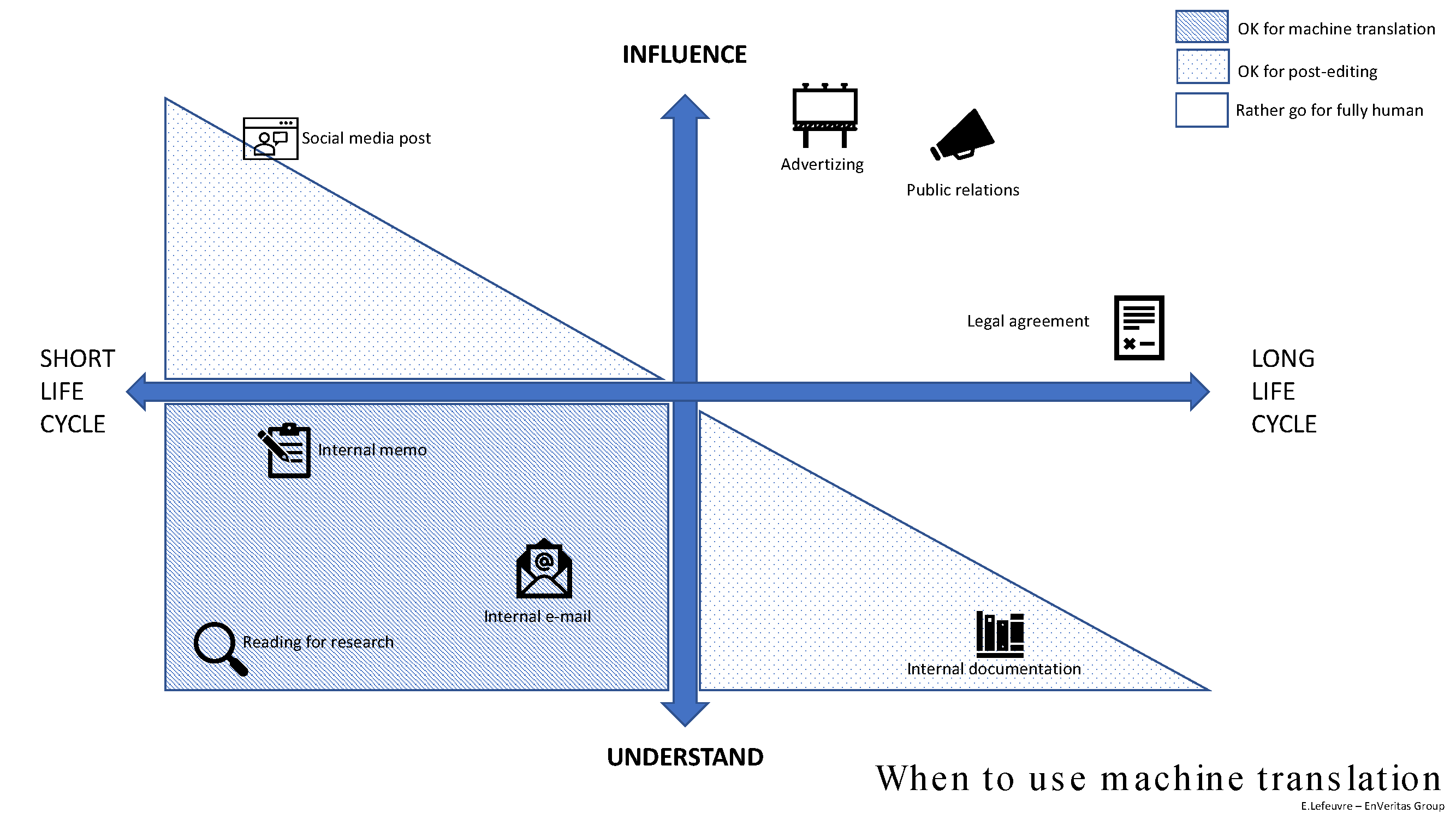Why You Should Consider Open Source Software
Open source software (OSS) is an integral part of almost every aspect of digital life today. The majority of Internet infrastructure is built on top of Free Open Source Software (FOSS) and online developer communities devoted to building software collaboratively and transparently are on the rise. Some traditional proprietary software companies are opening up to the idea of open source software, releasing some of their products to allow greater community input.
How Does Open Source Software (OSS) Work?
How does open source even work? People don’t just work for free, do they? Well, yes – kinda. With open source projects, developers hone their skills and invest in software that they utilize for their jobs or hobby projects. Anyone from a junior developer to more experienced software engineers can directly contribute to OSS, whether through code reviews, issue submissions or by recommending core software changes to project maintainers. Some companies have even developed business models to build, maintain and support open source projects for clients (like Red Hat).
Who Can Utilize OSS?
OSS is just for techies though, right? Not true. The average user interacts with OSS on a daily basis through websites, mobile phone apps (and operating systems), and more. Some of the most popular software projects in the world are OSS (Linux, Git, MySQL).
The History of OSS
The idea of FOSS has been around for decades. The first noteworthy international open source project was Linux – created initially by Linus Torvalds. He shared his source code with others in order to expedite improvements to the operating system which now accounts for a large portion of Internet infrastructure. This model of sharing code has been replicated and improved upon ever since. Developers have consistently found ways to improve software development through collaboration with users and other stakeholders in their systems.
The Benefits of OSS
Many companies have hesitations about utilizing OSS, but perhaps they don’t recognize the benefits of doing so.
Collaboration & Diversity
OSS is not limited to a single group of developers like much proprietary software. Any developer who wishes can contribute to open source projects whereas most other software is confined to a set group of developers. Open source projects allow for the largest amount of input, both from users and other software developers who wish to contribute. This collaboration and transparency can drastically improve security and overall system design by allowing diversity and competition of ideas.
Security & Decentralization
But security in any software, open source or proprietary, ultimately comes down to the network of developers and contributors surrounding a project. The open source model provides the most transparency and scalability when it comes to improvements in the code base, decentralizing the software development workflow as compared to traditional corporate development methods.
A Playground for Creative Minds
Open source is also a great place for new developers to learn cutting edge skills and work with new technologies to expand their repertoire. Many new software developers start their careers in open source, refining their skills and building their portfolio. The low barrier to entry for OSS allows for competition in the developer market. Most of these developers are hungry to learn and build new innovative solutions, which is extremely valuable in the software development field.
How Can You Make Use of OSS?
Well, you likely already are. As previously discussed, much of the software we interact with on a daily basis is, at least in part, open source software. But if you weigh the many benefits of OSS and decide that it is worth pursuing more seriously, then there are a few things to keep in mind.
- Hire developers who are passionate about OSS. These developers will have experience working with open source projects and are likely contributing to them in their own time.
- Invest in OSS projects either through donations, dedicated developer time or simply reporting issues you have with the software.
- Before deciding on software purchases, weigh all options and don’t rule out OSS.
There are FOSS alternatives to nearly every major software product (LibreOffice, OpenCAD, Gimp, Linux, Android) and while not always as feature heavy or complete as their proprietary counterparts they can still provide affordable alternatives which have the potential to larger stakeholder networks, which ultimately can mean better software for everyone.
Ben Hudson – Lead Software Engineer



